If you click on a link and make a purchase we may receive a small commission. Read our editorial policy.
Stranger Things season 4 is about the double-edged sword of memory
The Netflix hit's fourth season reckons with the past in ways its nostalgia-heavy story never has before.
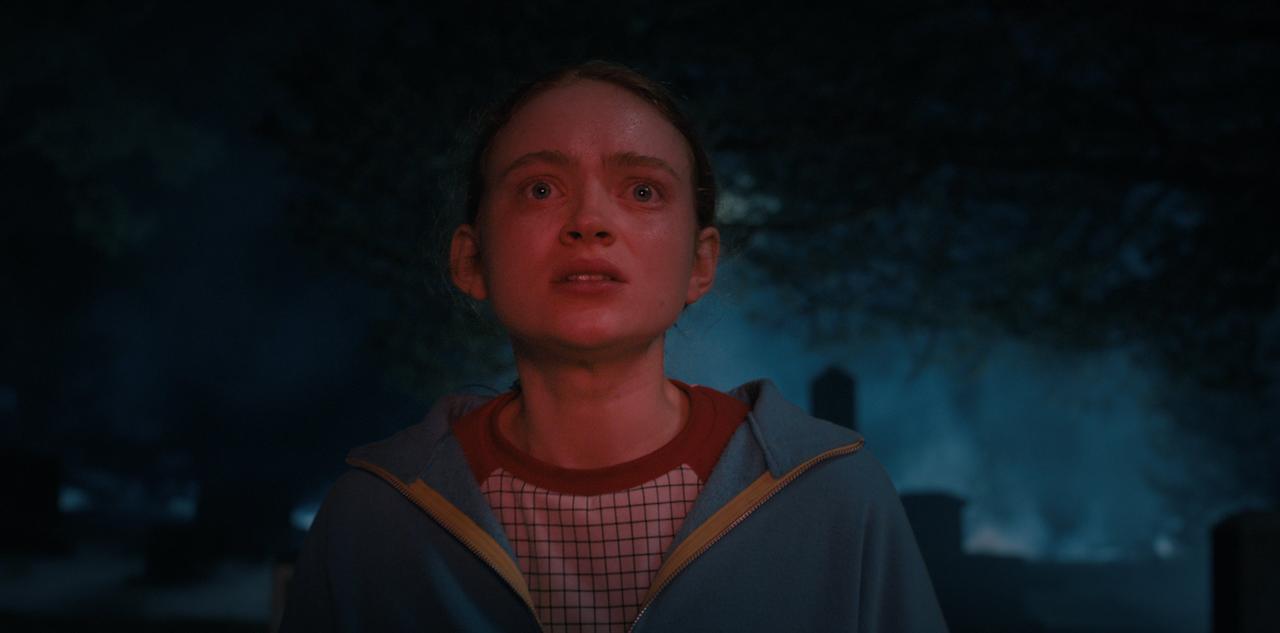
Of all the criticisms leveled at Stranger Things in the six years since its debut on Netflix, the most common is the show's willingness to lean on nostalgia for the pop culture of the '80s as a narrative crutch. From the outset the series has merged the 'Kids on Bikes' sensibilities of Amblin family adventures with the phantasmagoric horrors of creators like Stephen King and Wes Craven, with a synth-heavy score and loads of knowing winks to '80s nerd culture thrown in for good measure. For a lot of fans, that's a very good thing, and creators Matt and Ross Duffer have never been shy about acknowledging their influences. But for the show's detractors, it's evidence that Stranger Things is, at its worst, a shallow exercise in holding up a Thundercats action figure or a retro Dungeons and Dragons manual and saying 'Hey, remember how cool this was?'
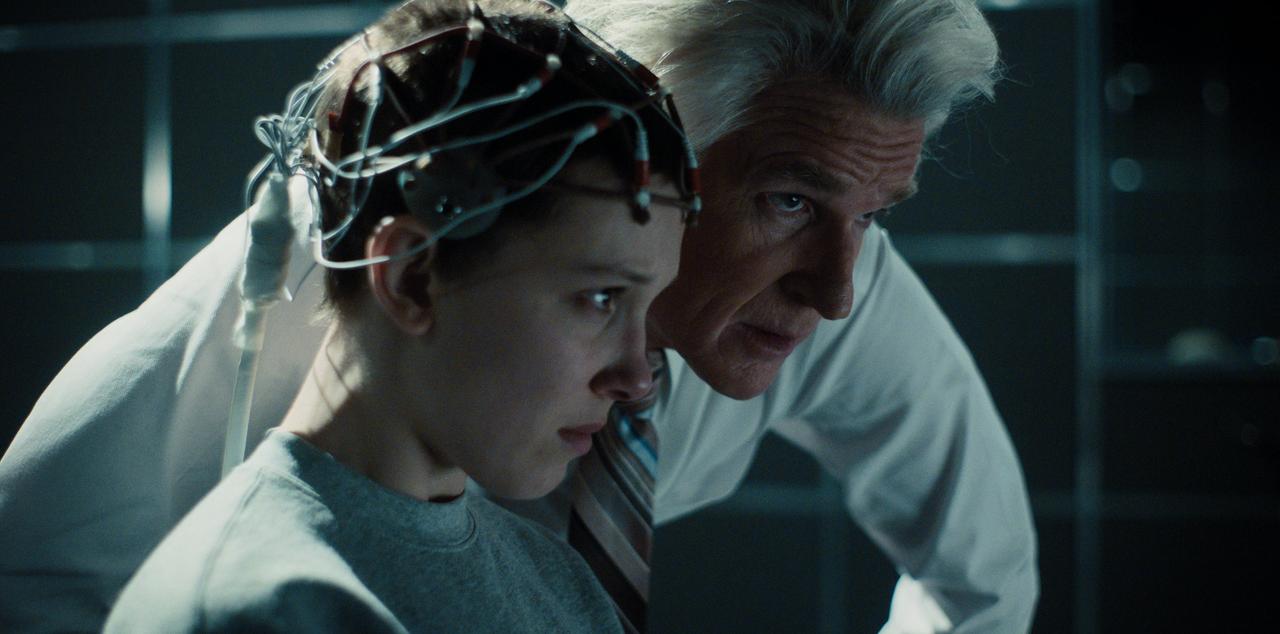
But watching Stranger Things throughout its now-four-season run, it's become clear that the show is interested in much more than nostalgia for nostalgia's sake. The third season, in particular, used its specific set of throwback references to great effect, making a new shopping mall into a battleground for Cold War hijinks and monsters, and making the Hawkins kids and their struggle to just relax and play a little D&D into an extended metaphor for the slow terror of adolescence as they realize their innocence is slowly draining out of them. Just as much of the horror cinema of the '80s was reflective of a dark side lurking beneath the shiny optics of Reaganism, the show's own refracted view of the '80s has become a reflection of the present American moment, one in which we always seem willing to look back in search of a mythical time when we were better. It's not really a show about the '80s. It's a show about our collective memory of what the '80s were, and how fragmented that view has become over time.
The Memory Machine
The nature of memory, and how it works both on an individual and collective level, takes center stage in Stranger Things' fourth season, as nearly every major character faces some kind of reckoning that challenges their view of what's come before. As the show nears its endgame with the second half of the fourth (and final) season, it's natural that the series' past mythology will weigh heavily on what comes next, but what's especially striking about the fourth season (so far) is just how directly it plays with memory. In Stranger Things' biggest and most ambitious season yet, memory is a double-edged sword, capable of simultaneously saving and condemning the characters, and Hawkins itself.
To underscore the connection between Stranger Things' fourth season (so far) and the nature of memory, the season devotes a sizable chunk of its plot to a literal confrontation with memories from inside Hawkins Lab, as Eleven (Millie Bobby Brown) finds that the only way to reactivate her psychic powers is to journey back through the events that supercharged them in the first place. After winning her freedom and her anonymity, El is put face-to-face with her apparent abuser Dr. Brenner (Matthew Modine) once again, and confronted with a horrible truth: What really happened to her, and what really drew her powers to the surface, is more complex and horrifying than she remembers. The only way out of her current predicament, with her friends and family scattered and a new threat plaguing her former hometown, is through the labyrinth of her own past, as she discovers surprising connections between her own gifts and the origins of the threat of the Upside Down.
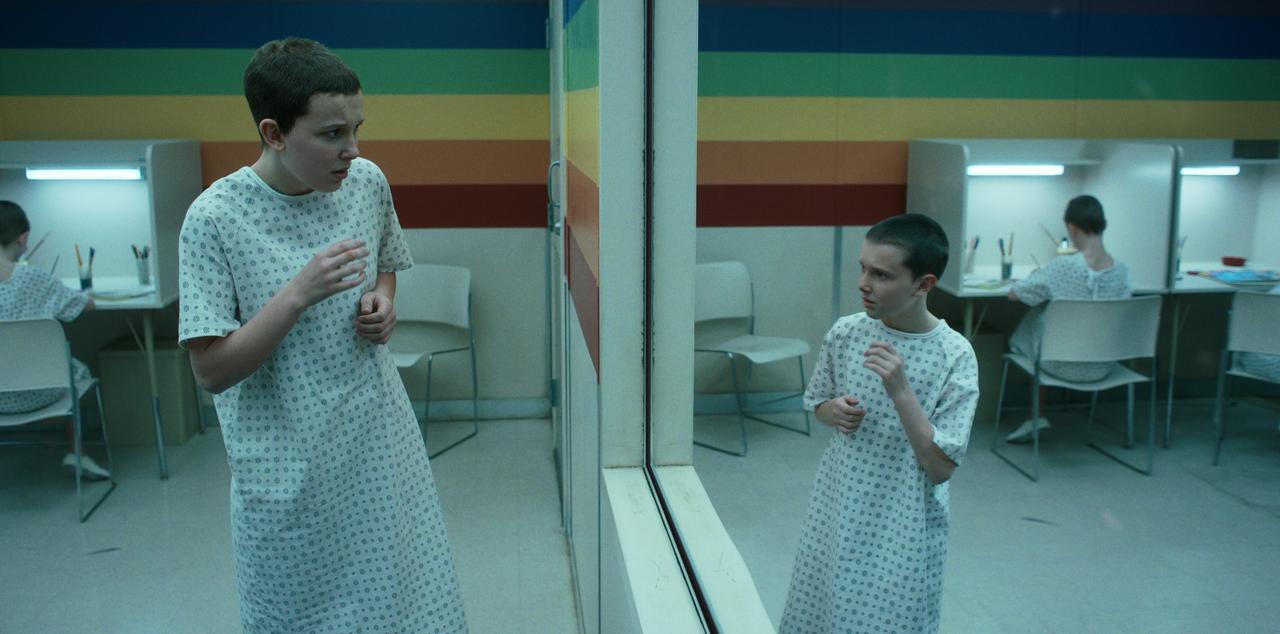
Bringing El back to her own past in such a direct way, by placing her inside a machine designed to draw out her memories and reconcile them with what actually happened, Stranger Things emphasizes the difference between nostalgia and honest recollection. Looking back is a traumatic event for Eleven not just because her early life was so hard, but because her own story is actually not as clear cut as she remembers it. The villains aren't who she thought, and in some cases, neither are the heroes. It's an intriguing statement about one of the show's central characters, but it's only the beginning of the season's obsession with the dual nature of memory.
Max's inner struggle
Many other characters are forced to confront what they remember versus what actually is, from Will's (Noah Schnapp) reckoning with what he lost when he moved away from Hawkins to Hopper's (David Harbour) resurfaced regrets over the death of his daughter, but this struggle is particularly apparent in the story of Max (Sadie Sink).
As the core group of kids in Hawkins draws closer to a supernatural threat they've dubbed Vecna, Max is drawn quickly and dangerously into the creature's web thanks to the heavy burden of regret and grief she's carrying. She arrived on the scene in the second season as a character initially afraid to make close connections with others, then bonded with the Hawkins kids even as her abusive stepbrother Billy (Dacre Montgomery) tried to pull her back. By the end of the third season, Billy was dead in the battle against the Mind Flayer, leaving Max with complicated feelings of loss and relief that she's still wrestling with in the fourth season. She spends her days with music blaring in her headphones, distant once again from her friends, and even fully prepared to confront death when it's clear she's Vecna's next target. To face her fate head on, she prepares a letter for Billy, read at his graveside, which lays out just how multi-faceted and complex her memories of their relationship are. Moments later, when Vecna has her in his grip, the kids realize they may be able to save her by blaring her favorite song, Kate Bush's 'Running Up That Hill,' into her head. The presence of the song conjures a montage of intense, varied memories in Max's head, both good and bad, all of which ultimately draw her back to the real world. In Max's case, as in El's, confronting both the dark and the light of memory to get to the whole truth is her only way out.
Hawkins' collective memory
This theme, the importance of interrogating your own memories as a way to see a path forward, extends all the way to very history of Hawkins itself, as Nancy (Natalia Dyer) and Robin (Maya Hawke) team up throughout the season to uncover the secrets of Victor Creel, an accused serial killer whose story might be more complex. Over the course of the season, they come to understand that Creel's home and family were under the influence of some darker force far beyond one man's impulse to kill, and draw connections to Vecna and the Upside Down that predate anything else in the show so far. The darkness in Hawkins, it turns out, is older than anyone cares to admit, which explains why it's been so hard to pin down its origins.
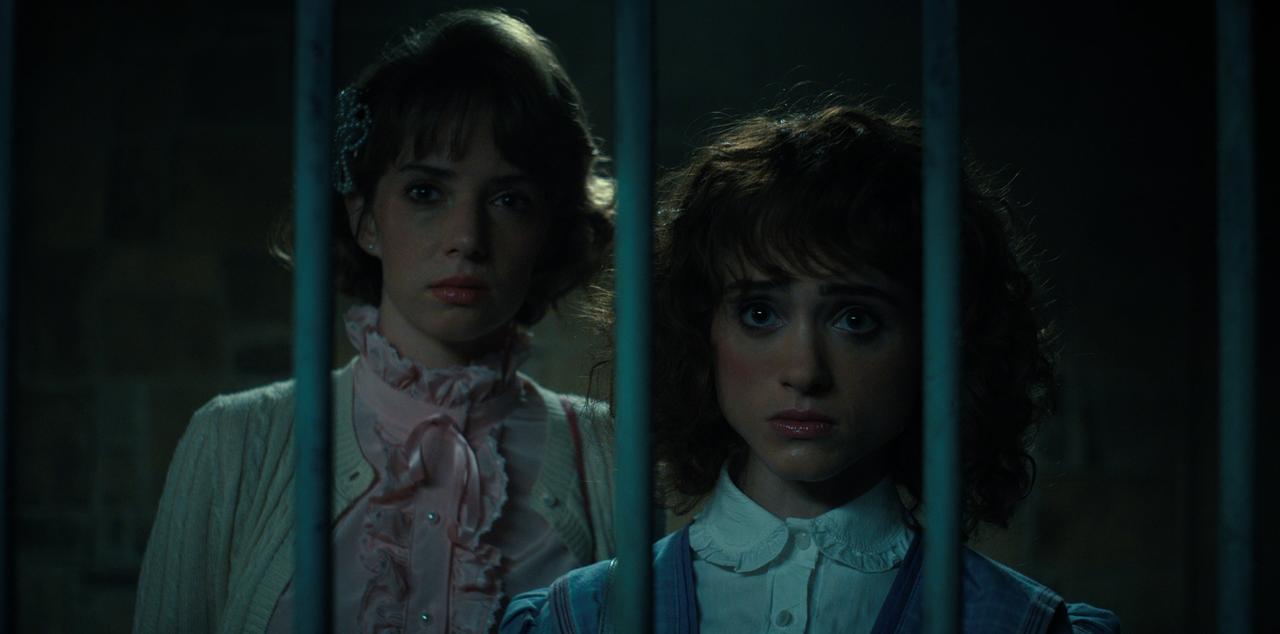
Finally, in the seventh episode of the season, a cliffhanger ending reveals that Vecna – a creature, it's worth remembering, who hunts by pinpointing memories and regrets – is actually Brenner's patient Number One, who is also actually Victor Creel's son, born with a dark psychic gift that bred murderous intentions as he aged. This is, at least for now, the original sin that explains everything else, the dark cloud that has grown into a maelstrom over Hawkins in the ensuing decades, and no one would've grasped it if Nancy and Robin had not dared to probe deeper and deeper until Nancy herself was embedded in the Upside Down, watching Vecna's origin story unfold.
By charting this course of its fourth season, Stranger Things has further complicated its own relationship with the nostalgia-heavy storytelling that won it so many fans in the first place. The nostalgia is still there, but these interrogations of the memories of the show's entire ensemble reveal that the show is aware nostalgia can only take it so far. Stare at the same happy memory, the same rose-colored narrative for too long, and it starts to crack and reveal something else underneath. The Hawkins kids and their allies are finding that out for themselves right now, and if Stranger Things can stay the course, it might end its run as a powerful meditation on what comes after the nostalgia, when the darker things show through and you have to summon the courage to stop them.
Stranger Things returns for its final two Season 4 episodes on July 1.
As Marvel Studios plans the next decade of the MCU, it's time for them to forget phases and think bigger. Check out this Popverse piece on the future of the MCU.
Follow Popverse for upcoming event coverage and news
Find out how we conduct our review by reading our review policy
Let Popverse be your tour guide through the wilderness of pop culture
Sign in and let us help you find your new favorite thing.


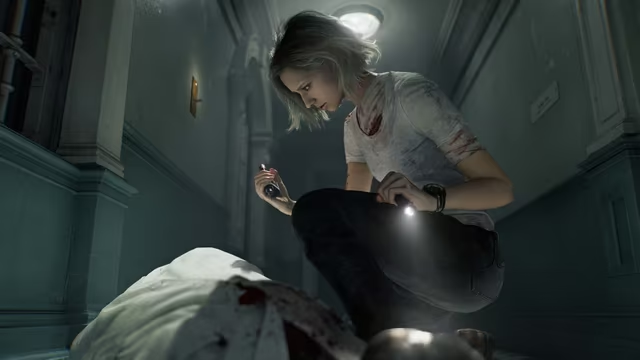
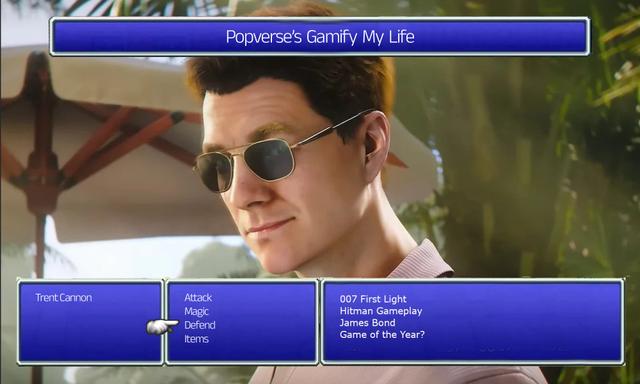












Comments
Want to join the discussion? Please activate your account first.
Visit Reedpop ID if you need to resend the confirmation email.